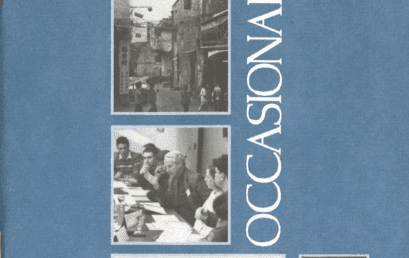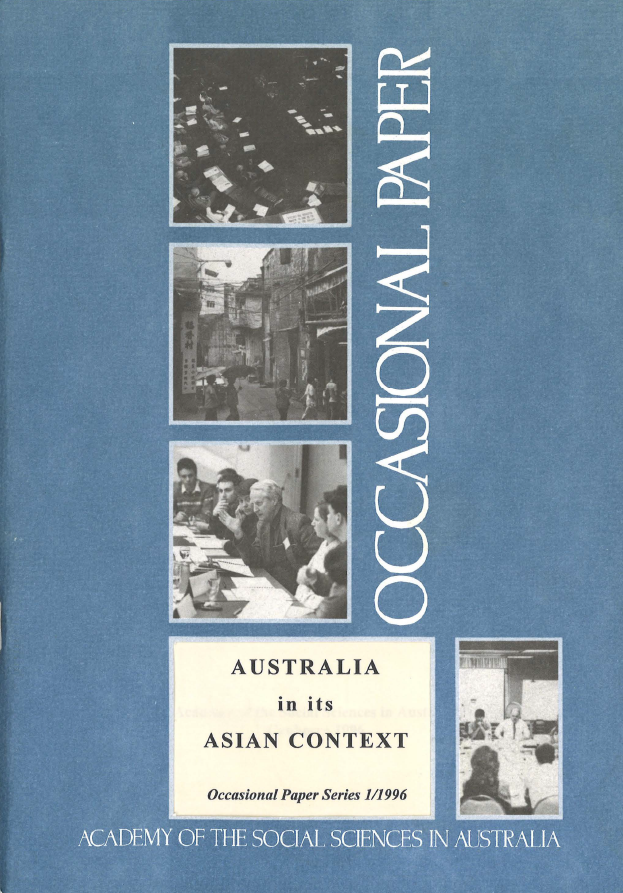Public policy as a discipline and as an area of practice is heavily contested. Definitions and approaches vary, and for our purposes we take the position that public policy addresses societal problems and is about ‘what governments do, why they do it and what difference it makes’. To study public policy is to attempt to formulate answers to these questions, and that includes attempting to understand the various processes by which policy is developed.
Definitions of research also vary, depending on the purpose at hand. Of particular relevance here is the definition used by Diane Stone, who considers research:
…as a codified, scholarly and professional mode of knowledge production that has its prime institutional loci in universities, policy analysis units of government departments or international organisations and private research institutes and produced by academics, think-tank experts and development professionals.
Scholarly research is not the only – or perhaps even the primary – source of evidence available to policy-makers. ‘Evidence-based’ policy, or even ‘evidence-aware’ policy, will draw on broader sources than the above definition implies. In the context of its agenda for modernising government, the UK Cabinet Office has stated:
Good quality policy making depends on high quality information, derived from a variety of sources: expert knowledge; existing domestic and international research; existing statistics; stakeholder consultation; evaluation of previous policies; new research, if appropriate; or secondary sources, including the internet. To be effective as possible, evidence needs to be provided by, and/or be interpreted by, experts in the field working closely with policy makers.
Notwithstanding the critical importance of engaging a wide range of stakeholders and citizens in the policy process, the main concern here is the role of scholarly research findings in that process. Consideration of the literature available concerning the relationship between such research (with a focus on the social sciences) and public policy and its processes, can suggest directions to assist the best use of research in developing public policy.
The next section of this paper addresses the dimension of the problem confronting policy makers and researchers as they search for ways to address the shortcomings in the research-policy relationship. Different conceptions of the research-policy dynamic are examined. Next, a policy ‘framework’ in practice is considered, including a case study example of how research and researchers have been used to good effect at various stages in the policy process. Finally, elements of the research-policy nexus are brought together by articulating lessons and more specific suggestions, drawing on some international experiences.

